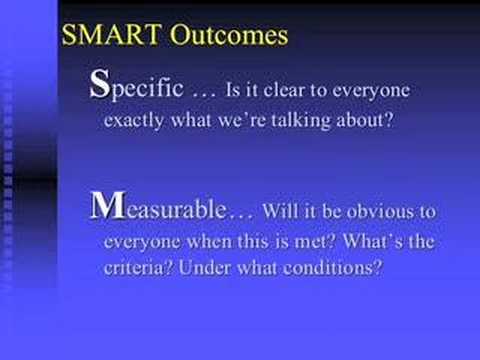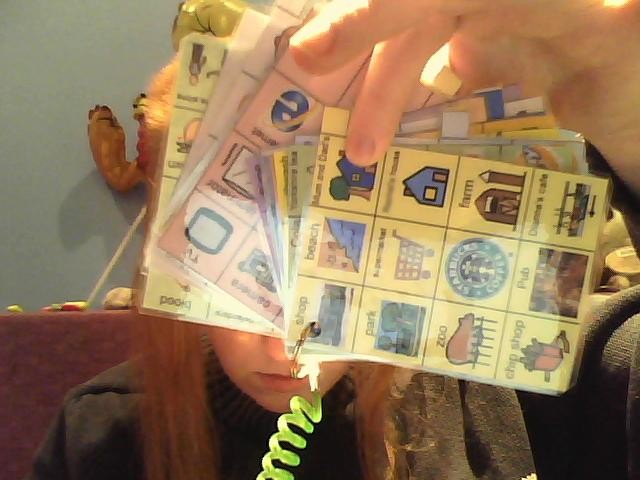Writing Actionable IFSP Outcomes
If your child qualifies for speech therapy and other services through an early intervention program, the service coordinator for the program will schedule a meeting to write his Individualized Family Service Plan (IFSP). The IFSP details the services that your child is to receive. You are your child’s best advocate and you understand his needs well. You and your entire family are strongly encouraged to get actively involved in the development of the IFSP. The IFSP is written with the view that the entire family is essential to the child’s progress, so it takes a family-centered approach. That is, your child’s needs will be identified, along with the needs of the entire family in supporting your child.
What Are Outcomes?
Just like an Individualized Education Program (IEP) has goals, an IFSP has outcomes. Outcomes are specific desires for the child’s progress, or the results that the IFSP is intended to accomplish. Outcome statements tend to focus on short-term, measureable goals, rather than desired lifetime achievements. For example, instead of, “Joey will become an important keynote speaker who frequently addresses Congress,” an IFSP outcome statement might state, “Joey will learn to sing the alphabet song with his parents.”
Well-written IFSP outcome statements are actionable, specific, and family-based. That is, they identify certain actions that should take place to improve speech and language. Outcomes also involve the entire family and encourage child participation in everyday activities. IFSP outcome statements may also involve caregivers outside the family. For example, if little Joey spends a great deal of time with his daycare provider or nanny, that caregiver may be included in the IFSP.
Asking Questions
Sometimes it’s tricky to find a starting point when writing the IFSP outcomes. Sit down with your family members and the IFSP team for a brainstorming session. It can be helpful to ask yourself questions and to use the answers to write the outcome statements. Here are a few sample questions to ask and discuss with the IFSP team:
- What does a good/bad day with Joey look like?
- What does Joey do well? (i.e. points to objects upon request)
- What daily activities does Joey struggle with?
- What would make your job as a parent easier?
- What frustrates Joey?
- What are Joey’s favorite activities, books, games, and songs?
- What does Joey and his family like to do together?
- Six months from now, what would you like Joey to be able to do?
Developing the Outcome Statement
With the guidance of the IFSP team, use your family’s responses to these questions (along with any other relevant information) to develop the outcome statements. For each statement, identify the desired skill or behavior. Identify the environment or activity associated with the skill or behavior. Identify any applicable time periods for that skill or behavior. Here are a few examples of IFSP outcome statements:
- Joey will tell Mom and Dad what he would like to eat for breakfast each morning by pointing to the appropriate picture card for the desired food item.
- Joey will sing the alphabet song with his daycare provider and the rest of his playmates each afternoon.
- Joey will use a two-word phrase to inform Mom and Dad of the book that he would like to be read to him at bedtime. When Joey can use a two-word phrase for the desired book at least five nights per week, this outcome is achieved.
Notice that each of these outcome statements begins with an action, “Joey will use,” “Joey will sing,” and “Joey will tell.” Avoid using passive language for IFSP outcomes. And remember that even after the IFSP is written, it can always be revised as needed. If these results are achieved more slowly or quickly than expected, you can always meet with the IFSP team to discuss adding or modifying IFSP outcomes.





